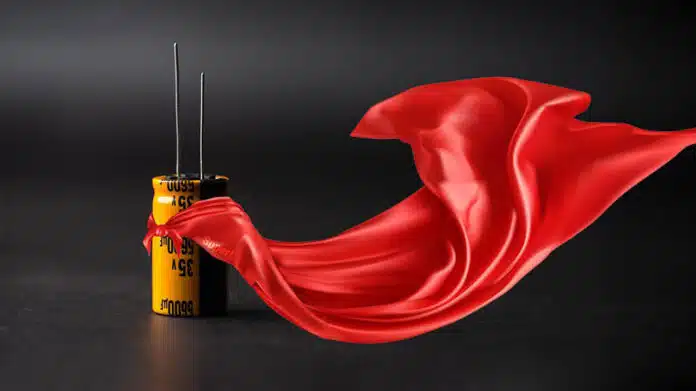
By Ashwini Sakharkar 5 Sep, 2024
Collected at: https://www.techexplorist.com/molecular-coating-approach-increasing-energy-density-supercapacitors/89206/
The researchers at Tohoku University have made significant advancements in enhancing the capacity, lifespan, and cost-efficiency of a capacitor, which is integral for a more energy-efficient future. Unlike batteries, capacitors can store and release energy much more quickly, offering a compelling solution for fast-charging needs in various applications.
While capacitors may initially seem like the better choice, they come with significant drawbacks. Their storage capacity is limited compared to batteries, making it challenging to store large amounts of energy at once. Additionally, they can be costly. The development of supercapacitors in recent years has shown promise by utilizing nanocarbon materials like carbon nanotubes (CNTs) to enhance capacity and performance. However, the expensive nature of these materials makes large-scale production using this technique cost-prohibitive.
To address these challenges, a research group comprising Professor Hiroshi Yabu (Tohoku University), AZUL Energy Co., Ltd., and the AZUL Energy x Tohoku University Bio-Inspired GX Co-Creation Center was formed. Their findings aim to improve the overall performance of capacitors.

The team managed to boost the capacity of capacitors by 2.4 times, reaching 907 F/gAC, by incorporating iron azaphthalocyanine (FeAzPc-4N), a type of blue pigment, onto activated carbon. This method allows the molecule to adsorb at a molecular level, leveraging its redox capabilities. Moreover, the study showed that it’s possible to achieve 20,000 charge-discharge cycles even under high-load conditions of 20 A/gAC, indicating the feasibility of powering LEDs.
“This increased lifespan compared to batteries may help reduce waste, as the same capacitor can be reused many more times,” comments Yabu, “The components of capacitors are also significantly less toxic than batteries.”
The capacitor electrode developed in this study has the potential to elevate capacity to supercapacitor levels using cost-effective activated carbon, thus positioning it as a promising choice for next-generation energy devices. What’s next for the team? Enhancing the supercapacitor to unleash even more power.
Journal reference:
- Kosuke Ishibashi, Yutaro Hirai, Keisuke Oku, Koju Ito, and Hiroshi Yabu. A Molecular Adsorption Concept for Increasing Energy Density of Hybrid Supercapacitors. ACS Applied Materials & Interfaces, 2024; DOI: 10.1021/acsami.4c06084

Leave a Reply